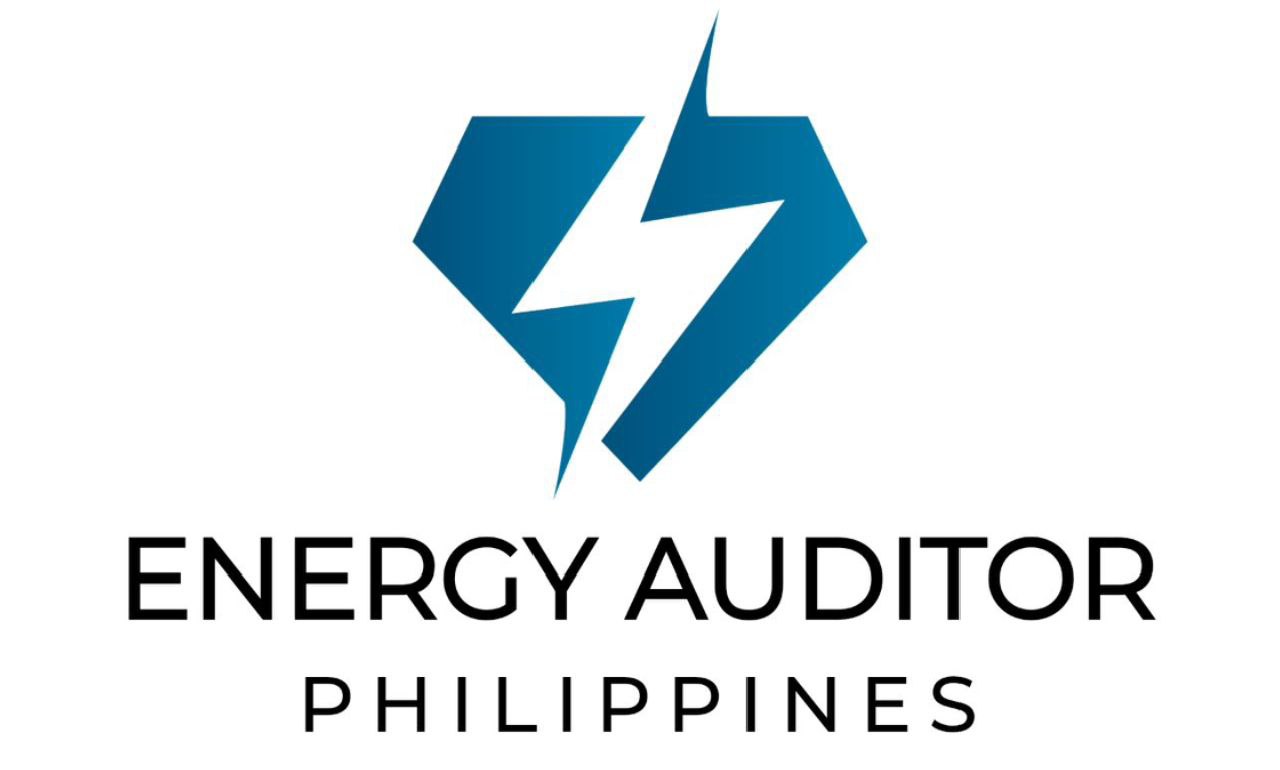As the Philippines undergoes rapid urbanization, cities become epicenters of both opportunity and challenge. Amidst this urban evolution, the role of energy audits emerges as a transformative force in reshaping these bustling metropolises towards greater sustainability. This exploration dives into the critical role of energy audits in revolutionizing urban spaces in the Philippines, steering them towards reduced carbon footprints and enhanced sustainability.
Urbanization and Energy Challenges
The acceleration of urban growth in the Philippines brings forth unprecedented energy demands. Urban spaces, brimming with industries, commercial establishments, and dense populations, contribute significantly to energy consumption. Consequently, this surge in energy usage intensifies carbon emissions, environmental degradation, and strains on infrastructure.
The Promise of Energy Audits
Energy audits serve as strategic instruments in tackling these challenges. By scrutinizing energy flows within urban structures—skyscrapers, commercial hubs, transportation systems, and residential complexes—energy audits uncover inefficiencies and opportunities for improvement. These audits lay the groundwork for urban spaces to transition towards energy-efficient technologies, renewable energy integration, and sustainable practices.
Transformative Impact on Urban Environments
The impact of energy audits on Philippine cities is multifaceted. By implementing the recommendations derived from audits—such as optimizing lighting systems, enhancing building insulation, upgrading transportation fleets, or integrating solar panels—cities witness a tangible reduction in energy consumption and subsequent carbon emissions.
Moreover, the ripple effect extends beyond energy savings. Reduced carbon footprints translate into cleaner air, healthier living conditions, and a more resilient urban infrastructure. The integration of renewable energy sources inspired by audits not only mitigates environmental impact but also enhances energy security within cities.
Enabling Sustainable Development
Energy audits play an integral role in fostering sustainable urban development. In Philippine cities, where the convergence of economic growth and environmental conservation is paramount, audits guide urban planners, policymakers, and businesses towards sustainable infrastructure and practices.
Through energy audits, cities can envision and implement comprehensive sustainability plans. These plans encompass smart city initiatives, transit-oriented developments, green building certifications, and renewable energy programs, all aimed at creating vibrant, livable, and ecologically responsible urban spaces.
Community Engagement and Awareness
Engaging communities in the energy audit process is fundamental. Awareness campaigns, citizen involvement, and education initiatives play a pivotal role in fostering a culture of energy efficiency among city dwellers. Empowering residents with knowledge about the benefits of energy audits cultivates a sense of responsibility and participation in the collective journey towards a sustainable urban future.
Towards a Greener Urban Horizon
In conclusion, energy audits act as catalysts for reimagining and reshaping Philippine cities. Their transformative influence transcends the mere optimization of energy consumption; it extends to the holistic development of sustainable urban environments. By integrating energy audits into urban planning and development strategies, Philippine cities pave the way for a future where sustainability and urban growth coalesce harmoniously.
The vision is clear—a future where bustling cities in the Philippines thrive as beacons of sustainable development, propelled by the strategic implementation of energy audits. As these urban landscapes evolve, energy audits stand as instrumental tools in steering them towards a greener, more sustainable horizon for generations to come.











































